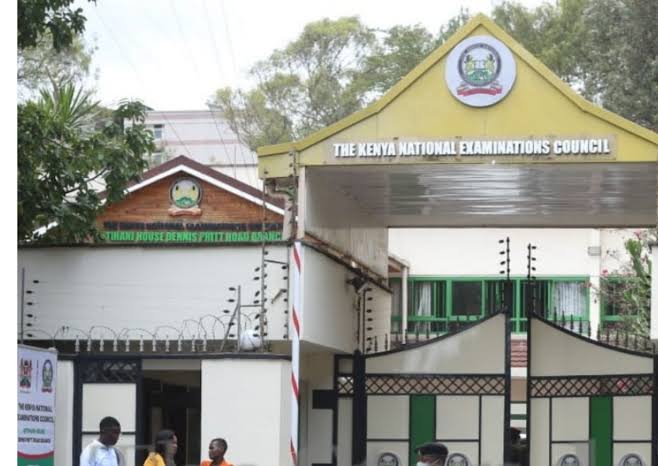KNEC Announces Job Openings for Eligible Kenyans: Review the Information and Deadline
Summary:
– KNEC is hiring skilled and self-driven candidates for permanent and pensionable jobs.
– Positions cover various departments to enhance human resource capacity.
Available Positions
– Assistant Director, Examinations (Teacher Assessments) – 1 vacancy
– Assistant Director, EA – 1 vacancy
– Principal ICT Officer (Software Developer) at Grade 5 – 1 vacancy
– ICT Officer (Software Developer) at Grade 7 – 5 vacancies
– Planning Officer, Examinations Officer, Human Resource Management Officer, and Examinations Administrator at Grade 7 – multiple vacancies
– Examinations Clerks at Grade 11 – 3 vacancies
Application Process
– Candidates must submit a CV, qualifications, and reference contacts.
– Complete application form: KNEC 2A (external) or KNEC 2B (internal).
– Send applications to: Chief Executive Officer, KNEC, New Mitihani House, South C, P. O. Box 73598-00200, Nairobi.
– Deadline for applications is April 29, 2025.
Important Information
– No soliciting; it leads to disqualification.
– Successful candidates must provide clearance under Chapter Six of the Constitution of Kenya.
– KNEC is an equal opportunity employer encouraging individuals with disabilities and women to apply.
– Full vacancy details and application forms on the KNEC website: www. knec. ac. ke.
Full Story:
The Kenya National Examinations Council (KNEC) is looking for qualified, self-driven, and skilled candidates to apply for several available positions. The permanent and pensionable jobs, which cover various departments, highlight KNEC’s commitment to improving its human resource capacity.
Key roles such as Assistant Director, Examinations (Teacher Assessments) and Assistant Director, EA, both classified under KNEC Grade 4, have one vacancy each among the nine positions advertised.
ICT-related roles are also featured, including the Principal ICT Officer (Software Developer) at Grade 5 and the ICT Officer (Software Developer) at Grade 7, which have one and five vacancies, respectively.
At Grade 7, there are more positions open for Planning Officer, Examinations Officer, Human Resource Management Officer, and Examinations Administrator. Additionally, there are three vacancies for Grade 11 Examinations Clerks.
Successful candidates will be offered a competitive salary package from KNEC. Along with academic and professional qualifications, a comprehensive CV, and reference contacts, interested applicants must complete the appropriate application form (KNEC 2A for external candidates and KNEC 2B for internal candidates).
Applications should be sent to the Chief Executive Officer of the Kenya National Examinations Council, located at New Mitihani House, South C, P. O. Box 73598-00200, Nairobi. All applications must be received by April 29, 2025.
Candidates are advised that soliciting will result in immediate disqualification. Moreover, successful applicants will be required to provide clearance under Chapter Six of the Constitution of Kenya.
KNEC is committed to being an equal opportunity employer and invites individuals with disabilities and female candidates to apply. Complete vacancy information and application forms can be found on the official KNEC website: www. knec. ac. ke.
